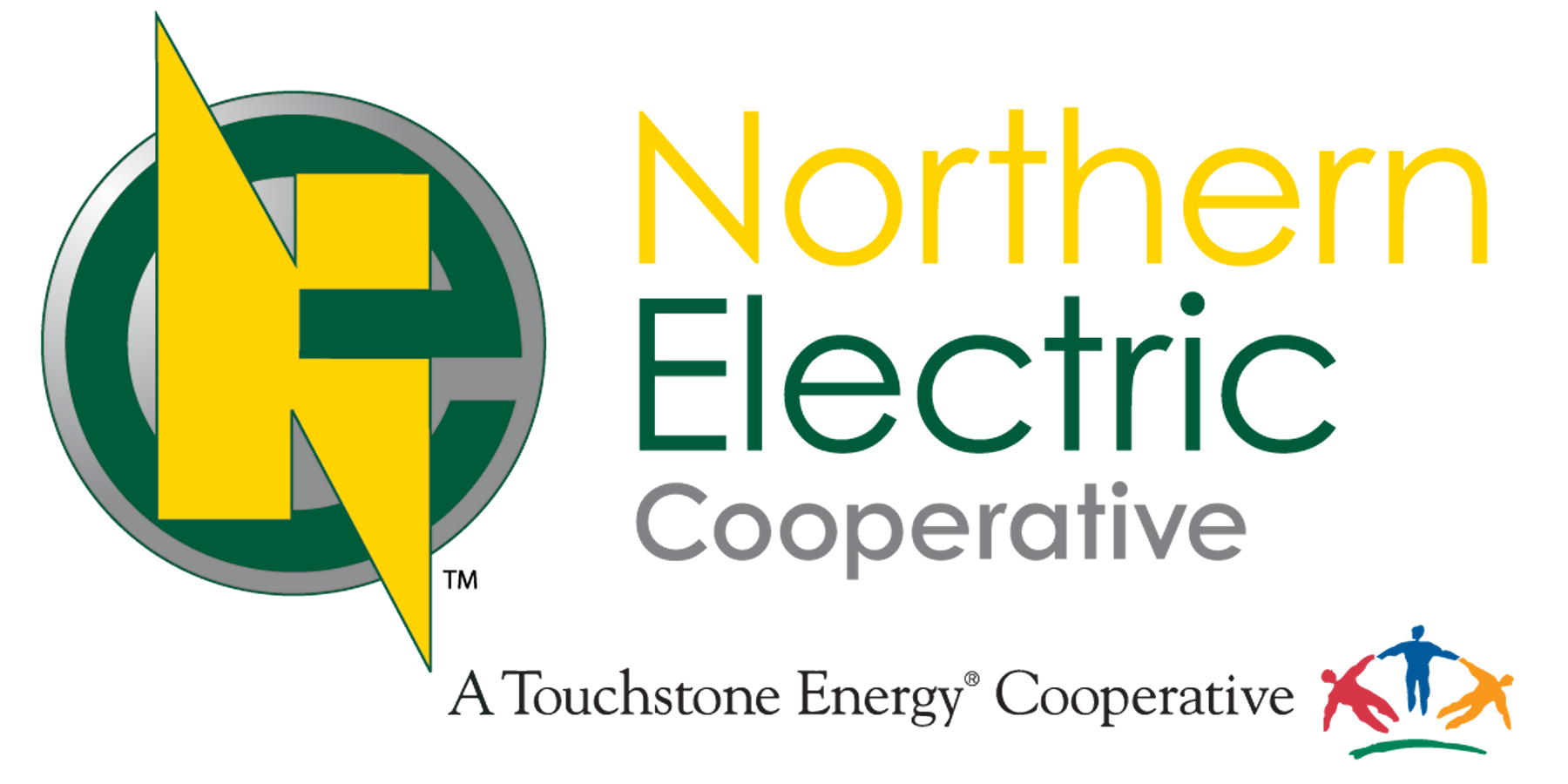Every fall members of the Northern Electric Cooperative line crew gather together in the pole yard north of the main headquarters office in Bath. It is where the linemen gear up for their annual pole-top rescue training. Each lineman must climb to the top of a practice power pole and rescue a 160 or 185-pound dummy. The training simulates an emergency situation which crews may encounter in the field if a coworker would become unresponsive on the job.
“This is a task, like CPR, that needs to be reaction,” South Dakota Rural Electric Association Manager of Loss Control Mark Patterson said. “Proficiency without thinking saves time when time is so valuable. With the increase in the amount of work done out of buckets, it is even more important to review pole-top rescue each year.”
Pole-top rescue training is just one of the regular safety trainings line crew members must participate in throughout the year. They also participate in annual bucket-rescue training.
Being a lineworker is one of the most dangerous jobs in the United States so regular trainings on a variety of scenarios are crucial to ensuring a proper response in an emergency.
“Training is an opportunity to ensure that bad or dangerous habits are not being formed and that they are proficient in completing their jobs in a safe manner,” Patterson said.
Northern Electric line crews also test their trucks every six months to make sure the booms and buckets are properly insulated and will not conduct electricity when they are on the job. In October, Northern Electric crews also performed this testing in conjunction with their pole-top rescue training.
“Proficiency without thinking saves time when time is so valuable."
The rubber hoses, blankets, and equipment linemen use to work on energized high-voltage power lines was also tested in October. This equipment is tested twice a year. This year, DG Energy, a new third-party contractor, tested Northern Electric’s rubber equipment. DG Energy sends a crew to conduct on-site testing of the rubber equipment used to perform hot-line work.
“Everything is cleaned and tested per OSHA standards and then it is labeled so you know when the next test date is,” Harry Hiser with DG Energy said while he was testing equipment at the Northern Electric shop in October.
Having the third-party company conduct on-site testing is more efficient because a co-op employee no longer must drive the equipment to North Dakota to have it tested.
“If something is damaged or needs repair we can repair it on site, so you don’t have to ship it off and wait for it to come back in,” Hiser said.
It is critical that the rubber equipment used by lineworkers is tested on a regular schedule because even a hole the size of a pin in the rubber can be the difference between life and death when working around high-voltage power lines.
“Not all issues can be seen with a visual inspection and having these items di-electric tested ensures that they are in peak working condition,” Patterson said. “These items are the last line of protection while working around energized lines.”
Northern Electric Cooperative will continue to ship the linemen’s rubber gloves to an off-site location for monthly testing, but Northern Electric Operations Manager Mike Kelly said the on-site testing of the other insulated equipment is a convenient and effective use of time and resources.
“This equipment is critical to the work our line crews conduct every day,” Kelly said. “Having the equipment tested on-site worked very well this year and was very efficient.”
All the tests and trainings Northern Electric lineworkers participate in every year is conducted with the goal of providing a safe workplace out in the field and a safe and consistent source of power for co-op members at the end of the line.
